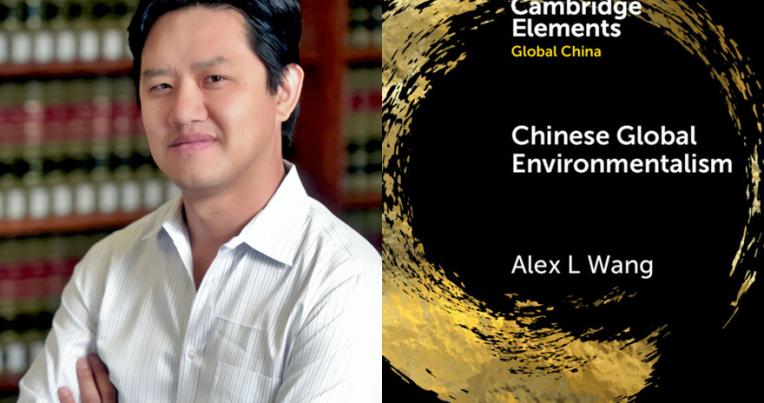Announcing the UCLA Emmett Institute's STOP Methane Project
Announcing the UCLA Emmett Institute’s STOP Methane Project, a user-friendly ranking of super-polluting methane emissions across multiple sectors.
Methane accounts for about one-third of global warming. And because methane only stays in the atmosphere for a short time, cutting that potent greenhouse gas provides a critical opportunity to reduce near-term climate change. Recognizing this urgency, nearly 160 countries have joined the Global Methane Pledge, committing to cut methane emissions 30% by 2030, while many private companies have committed to enhanced measurement and monitoring of methane with a view to cutting emissions, under UNEP’s Oil and Gas Methane Partnership.
There are powerful new tools to help support these commitments and provide accountability: satellite instruments that can detect methane from orbit, at scales ranging from large individual point sources to continental-scale regions. Policymakers, operators of emitting facilities, and communities are still exploring how to most effectively use these new tools to help achieve their goals—and could use help.
The Emmett Institute’s STOP Methane Project (“Spotlight on Top Plumes”) aims to make the new data more visible, understandable, and usable in guiding and motivating efforts to cut emissions.
We will do this by disseminating publicly available, science-based information about the most extreme emissions sources, in a form easily understandable by operators of emitting facilities, legal and regulatory authorities, and the public, to provide accountability and to motivate and assist in identifying and acting on the highest-priority emissions to cut, with breakdowns by emissions sector and region as appropriate.
To start, we present an interim release of our Top 25 in ‘25, an initial list of landfills with the largest observed methane emissions rates globally for 2025. Solid waste landfills are responsible for about 20 percent of global methane emissions and present a critically important mitigation opportunity, because landfill emissions can often be cost-effectively controlled, monitored, and reduced. UCLA’s STOP Methane Project compiled the Top 25 in ‘25 list using public data from Carbon Mapper, a leading source of remote-sensed methane emissions data and analysis. (Of course, all errors are our own.)
We will regularly update these lists to provide an ongoing resource for the benefit of journalists, industry leaders, policymakers, and the public. We will also draw on additional data sources to provide context to understand the impact and significance of specific large emitters. We will soon extend the “Top 25” list to other emitting sectors, particularly in the fossil fuel sector.
Subscribe here for updates and to join our mailing list where you’ll get early access to our upcoming rankings.
How is UCLA’s STOP Methane Project different from other existing methane data collection efforts? High-quality, freely available methane emissions data alone are critically important but are often not enough to drive action without significant amplification and public education. There is an urgent need for a credible source to spotlight the most important emissions data, explain what it means, and make it easier for non-scientific actors to understand. That’s where STOP Methane comes in. Our regular updates offer contextualization from UCLA experts to show the impact and importance of specific emissions events while our tailored rankings provide strategic amplification to drive change.
Our team:
Cara Horowitz is Andrew Sabin Family Foundation Executive Director of the Emmett Institute.
Edward Parson is Dan and Rae Emmett Professor of Environmental Law at UCLA School of Law and Faculty Director, Emmett Institute on Climate Change and the Environment.
Mary Nichols is Distinguished Counsel to the Emmett Institute, former Chair of the California Air Resources Board.
Juan Pablo Escudero is a project lead for the Emmett Institute and Professor at Universidad Adolfo Ibáñez.
Evan George is Communications Director of the Emmett Institute.
About the Emmett Institute at UCLA Law:
The Emmett Institute is the environmental law hub at UCLA and one of the top environmental law programs in the United States. Through groundbreaking research, public interest initiatives, and impactful legal clinics, the faculty and staff of the Emmett Institute help shape climate change and environmental law and policy in California, the United States, and jurisdictions around the world.
